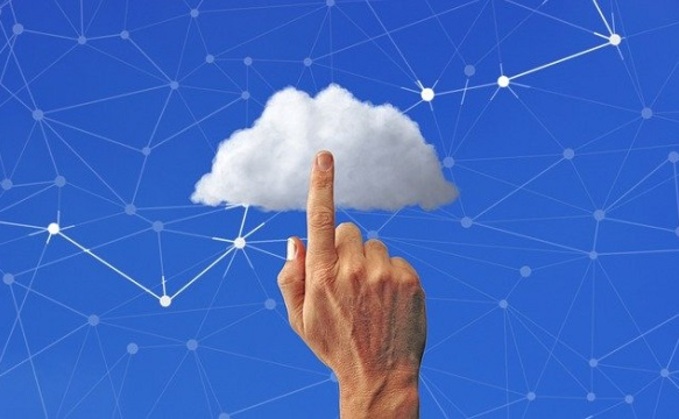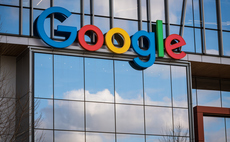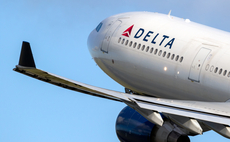
Tech giants clash as CMA scrutinises UK cloud market
Tech giants Google and Amazon have claimed that Microsoft's business practices are stifling competition in the UK cloud market.
The two companies criticised Microsoft's software licensing terms, alleging that they are designed to give the company an unfair advantage over rivals.
The remarks came as part of an ongoing investigation by the UK's Competition and Markets Authority (CMA) into the cloud services market.
The CMA has been examining the business practices of the three largest players: Google, Microsoft, and Amazon Web Services (AWS).
The probe focuses on several key areas, including the overall competitive landscape, the impact of technical barriers and data transfer fees (egress fees) on cloud provider switching, as well as the potential anti-competitive effects of cloud provider discounts.
The probe was launched last year after Ofcom, found evidence suggesting anti-competitive behaviour within the UK cloud industry.
Ofcom raised concerns about high exit fees charged by cloud providers and interoperability barriers that make it difficult for customers to switch providers.
In May, the CMA released a series of working papers, stating that AWS remains the market leader in terms of overall market share. It added that Microsoft is experiencing robust growth and attracting the lion's share of new customers.
In its statement [pdf] to the CMA, Google claimed that Microsoft's software licensing practices impose limitations that "risk irreversibly shifting the market in Microsoft's favour at a pivotal moment." The company further argued that these licensing restrictions prevent it and other competitors from effectively competing for much of the available market.
AWS echoed similar concerns [pdf], noting a history of dissatisfaction among cloud providers and customers with Microsoft's behaviour.
"Microsoft's conduct is artificially imposed and could be easily fixed," said AWS.
Microsoft denied the allegations, arguing [pdf] that its licensing fees do not significantly raise costs for competitors and that customers have ample choice in the marketplace. The company also claimed that its exit charges are not a major concern for customers.
AWS admits to cloud repatriation trend
In its statement to the CMA, AWS acknowledged that more customers are shifting back to on-premises infrastructure, a notable change from its earlier claim that all workloads would eventually migrate to the cloud.
The company admitted that despite the considerable effort involved, many customers are finding it appealing to move their IT systems back on-premises. It attributed the trend to factors like cost savings, greater control over resources, and concerns about data security.
One prominent example of this "cloud repatriation" is Basecamp, a project management company that returned to on-premises infrastructure after facing high cloud hosting costs, reporting significant savings after the transition.
Although AWS has recognised this trend, it contends that on-premises infrastructure does not pose a major threat to it's operation. The company asserts that customers often prefer sticking with a single cloud provider for the sake of operational efficiency and easier management.
AWS also admitted that some customers encounter challenges in adopting a multi-cloud approach, such as the need for additional staff training. To address this, AWS says it has introduced support for customers pursuing a multi-cloud strategy.
The CMA is expected to publish its findings on the cloud services market early next year.
Last week, the government designated datacentres as "critical national infrastructure," elevating them to the same level as essential services such as water, energy, and emergency response.
This designation ensures that businesses can anticipate increased government support in both preparing for and recovering from critical incidents.




















